Bermuda grass stands out for its durability and resilience when it comes to maintaining a lush and vibrant lawn. Knowing when to fertilize Bermuda grass is crucial for its optimal growth. Whether you’re wondering about the best time to fertilize Bermuda grass, how to fertilize it in the winter, or what type of fertilizer to use each season, this article covers everything.
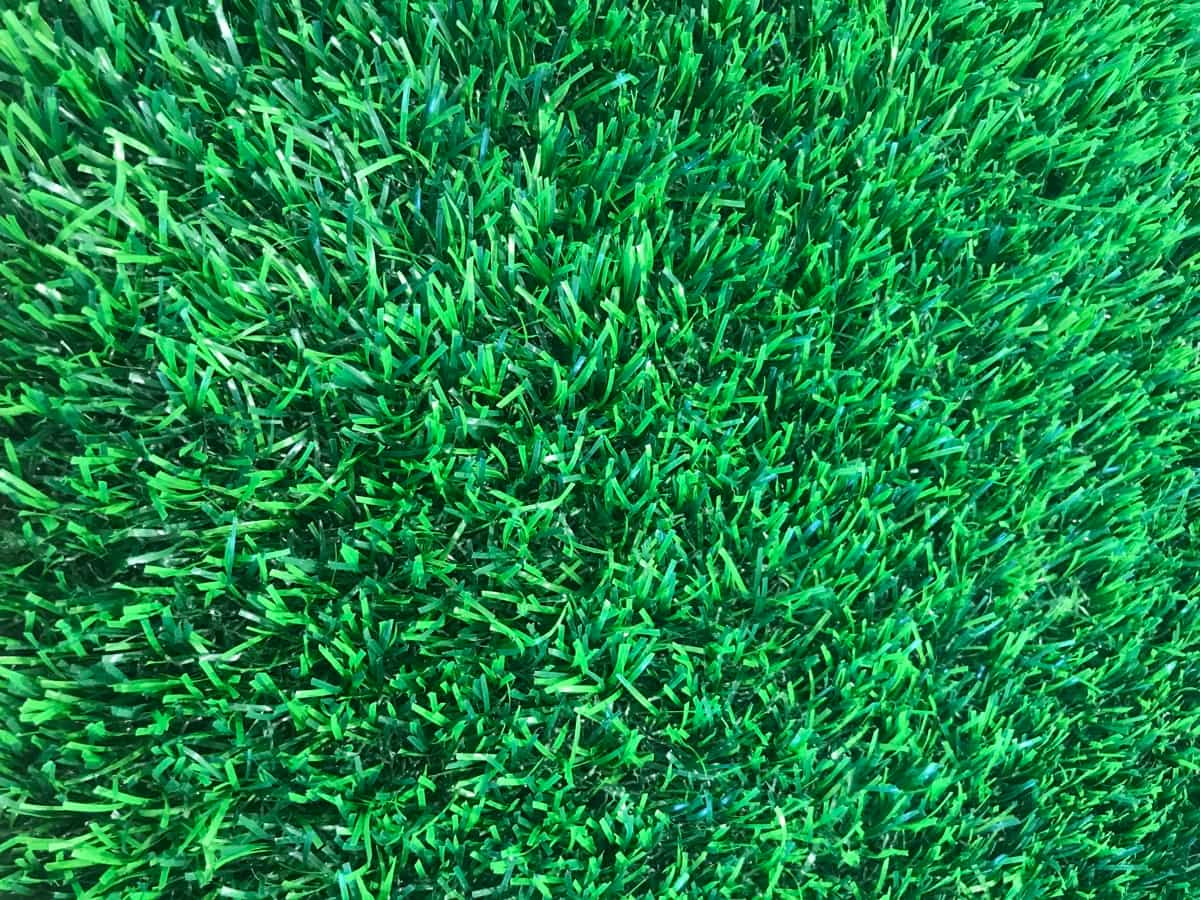
Can you fertilize Bermuda in the winter? Absolutely, but with some considerations. Should I fertilize Bermuda in the summer? Definitely, but timing and product selection are key. This guide provides an in-depth Bermuda grass fertilizer schedule tailored for winter, spring, and summer. We’ll also examine whether urea is good for Bermuda grass and how a 10-10-10 fertilizer fits into the Bermuda grass maintenance plan.
Bermuda Grass Fertilizer Schedule
Best Fertilizer for Bermuda Grass in Summer
Summer is a prime growth season for Bermuda grass, and the answer to the question, “should I fertilize Bermuda in the summer?” is a resounding yes. Fertilizing in summer is pivotal for Bermuda grass to thrive in its peak growing season. A high-nitrogen fertilizer is generally the best choice, as it encourages leafy growth and a deep green color. This nutrient-focused approach helps the grass withstand summer stresses like high temperatures and foot traffic.
Opt for a slow-release formula to provide a steady supply of nutrients. This can be particularly beneficial for avoiding “fertilizer burn,” a condition that can occur when grass receives too much fertilizer too quickly. Ensure to water the lawn adequately after fertilization to help the nutrients penetrate the soil effectively.
Best Fertilizer for Bermuda Grass in Winter
Winter is generally a period of dormancy for Bermuda grass, yet the question remains: Can you fertilize Bermuda in the winter? The answer is yes but with caution. Bermuda grass requires less nitrogen during winter but can benefit from higher potassium levels. This helps to strengthen the root system and prepare the grass for a robust growing season come spring.
Potassium enhances the grass’s resilience to colder temperatures. However, fertilizing too late into the winter can promote weed growth and make the grass more susceptible to disease. Therefore, the best winter fertilizer for Bermuda grass should be low nitrogen and high in potassium. Usually, a single application in early winter is sufficient.
Best Fertilizer for Bermuda Grass in Spring
Regarding spring, the Bermuda grass fertilizer schedule shifts focus again. As temperatures rise, Bermuda grass breaks dormancy and prepares for a season of vigorous growth. A balanced fertilizer is generally recommended for spring application. This is the best time to fertilize Bermuda grass before the high demands of summer.
Nitrogen is still essential for encouraging leaf growth, but phosphorus and potassium shouldn’t be neglected as they help root development and disease resistance. A slow-release formula can be particularly beneficial in spring, giving the grass a steady supply of nutrients as it moves into its high-growth period. Adequate watering post-fertilization is essential to help the nutrients infiltrate the soil.
In case you missed it: The Best Lawn Grass Fertilizers Guide: Nourishing with Organic, Slow Release, Natural, and Quick Release Fertilizers
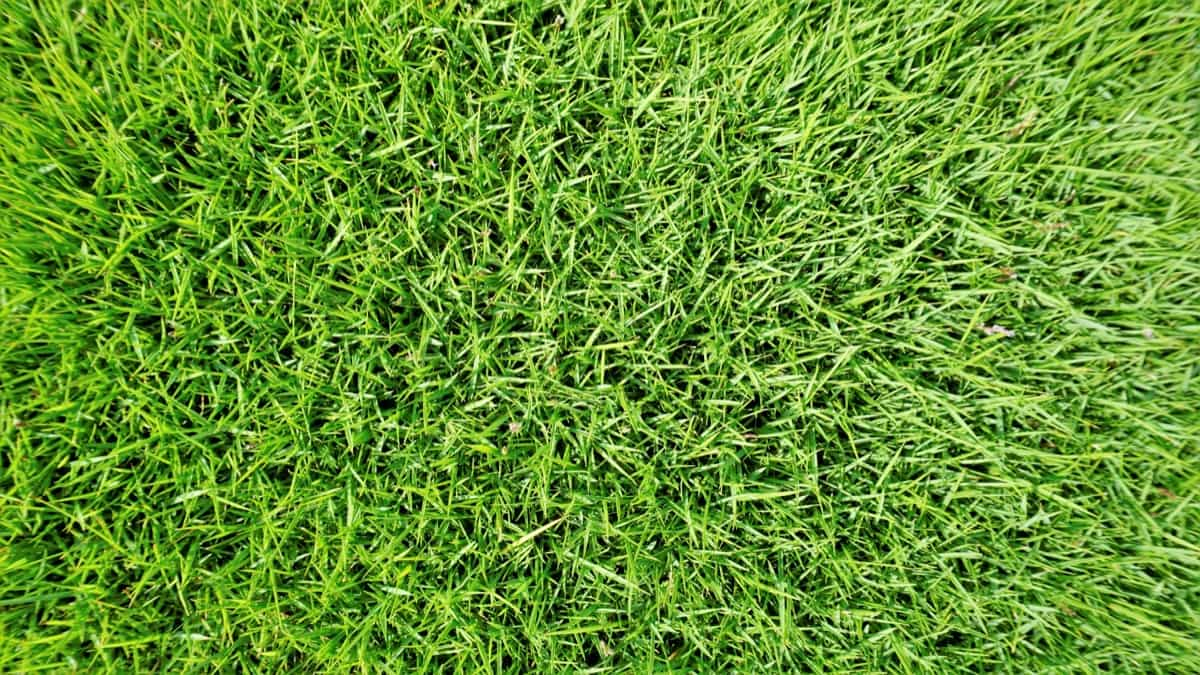
Is Urea Good for Bermuda Grass?
Urea is a high-nitrogen fertilizer, and, in that regard, it can be quite effective for Bermuda grass, particularly during its active growing seasons like summer and late spring. However, urea is highly soluble and can leach away quickly, especially in sandy or well-drained soils. Because of its rapid action, fertilizer burn’s also risky if it’s not applied correctly.
Urea should be used in a well-calibrated manner, taking into account the specific needs of your Bermuda grass and the existing nutrient levels in the soil. If opting for urea, ensure proper irrigation before and after application to maximize nutrient uptake and minimize risks.
10-10-10 Fertilizer for Bermuda Grass
A 10-10-10 fertilizer is considered balanced, containing equal parts of nitrogen, phosphorus, and potassium. For Bermuda grass, this kind of fertilizer is particularly useful during spring when the grass is breaking dormancy and preparing for the growing season. The balanced nutrient profile helps overall plant health, promoting leafy growth and a strong root system.
It’s a versatile choice but should be part of a broader Bermuda grass fertilizer schedule that accounts for the different nutrient needs in each season. As with any fertilizer, it’s crucial to water the lawn adequately after application to allow the nutrients to penetrate the soil.
16-4-8 Fertilizer for Bermuda Grass
When customizing your Bermuda grass fertilizer schedule, a 16-4-8 fertilizer is often recommended, particularly during spring and summer growing seasons. The high nitrogen content in this specific ratio promotes vigorous leaf growth, while the 4% phosphorus aids in root development, and the 8% potassium improves the grass’s overall resilience and disease resistance.
Since Bermuda grass is a nitrogen-loving plant, this formulation offers a balanced yet focused nutrient profile that aligns well with its natural requirements. Applying a 16-4-8 fertilizer is generally best done when soil temperatures consistently reach 65°F, as this is the point where Bermuda grass typically starts its growing phase. Irrigation following the application is of paramount importance, as it facilitates the deep infiltration of nutrients into the soil, making them readily accessible to the plant’s root system.
Liquid Fertilizer for Bermuda Grass
Liquid fertilizers provide an alternative to granular formulations and can be particularly effective when you’re looking to give your Bermuda grass a quick nutrient boost. They are rapidly absorbed by the soil and the plant, providing almost immediate effects. Liquid fertilizers are easy to apply, usually requiring a simple hose-end sprayer.
In case you missed it: Management of Grassy Weeds in Direct-Seeded Rice Fields
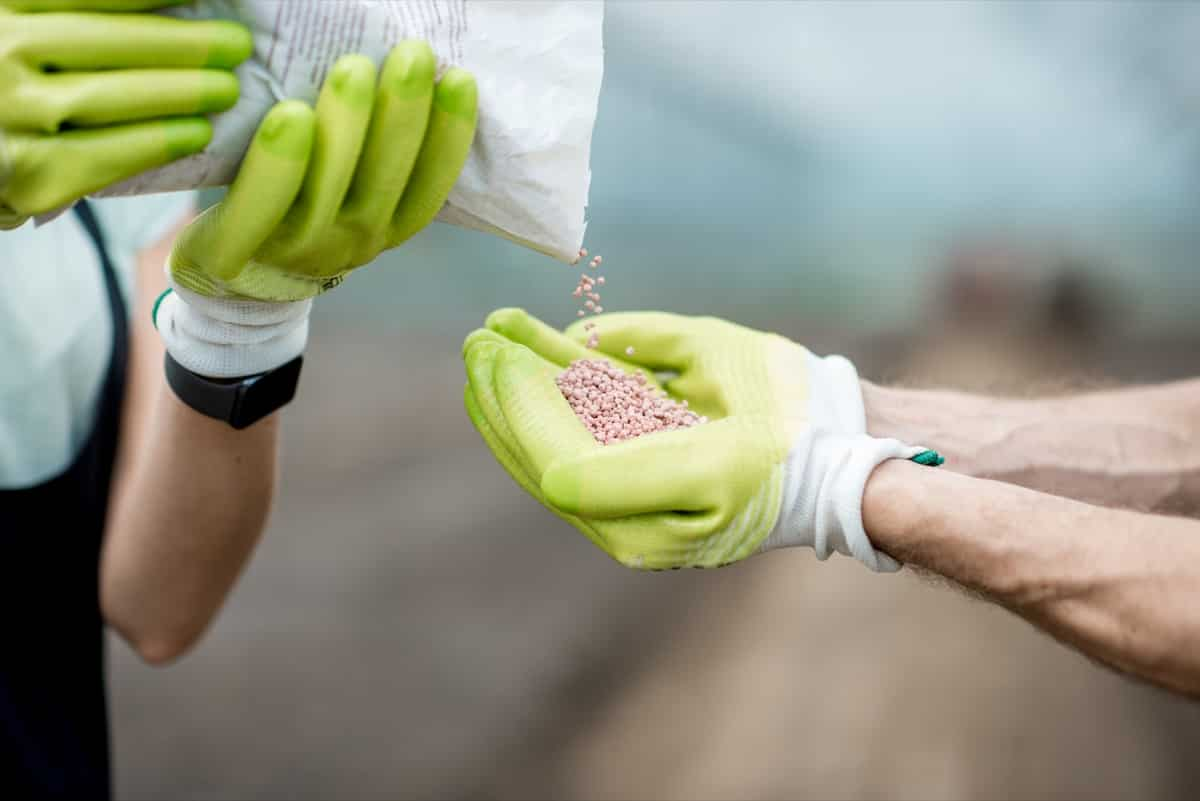
Because of the rapid uptake, following application guidelines carefully is crucial to avoid over-fertilization and potential fertilizer burn. Liquid fertilizers are best used during the active growing seasons of late spring and summer when the Bermuda grass can immediately use the nutrients. How often you should use the product can change based on the product itself. However, for optimal and consistent outcomes, it is typically advisable to reapply these fertilizers every 4 to 6 weeks throughout the growing season.
Organic Fertilizer for Bermuda Grass
For those looking to follow a more environmentally friendly lawn care approach, organic fertilizers present an excellent option for Bermuda grass. Organic options usually include natural substances like bone meal, blood meal, and various composts that offer a rich mix of essential nutrients. While organic fertilizers release nutrients more slowly than their synthetic counterparts, they contribute to long-term soil health by improving its structure and enhancing the microbial ecosystem.
For Bermuda grass, organic fertilizers can be applied during any active growing period but are often most effective when incorporated into the soil during late spring or early summer. The slower release of nutrients is ideal for sustained growth, and because these fertilizers are typically less concentrated, there’s a lower risk of causing fertilizer burn.
Bermuda Grass Fertilizer Schedule: When to Apply
Knowing when to apply fertilizer to your Bermuda grass is as important as choosing the right fertilizer. Generally, Bermuda grass enters its growth phase when soil temperatures reach around 65°F, usually in late spring. This is often the best time to apply a balanced or high-nitrogen fertilizer to kickstart the growing season. Through summer, the grass remains in an active growth state, making it important to continue with regular fertilizer applications every 4 to 8 weeks, depending on the type of fertilizer and the specific needs of your lawn.
As autumn approaches and temperatures drop, a potassium-rich fertilizer can be beneficial to prepare the grass for winter dormancy. Applying a low-nitrogen, high-potassium fertilizer in early winter can set the stage for a healthier return in the spring. Thus, a well-timed Bermuda grass fertilizer schedule is crucial for year-round maintaining a lush, green lawn.
How to Apply Bermuda Grass Fertilizer
Applying fertilizer to Bermuda grass involves a few essential steps to ensure the nutrients are evenly distributed and effectively absorbed. First, mow the lawn to a manageable height, preparing the grass for better nutrient absorption. Then, using either a hand-held, drop, or rotary spreader, evenly distribute the selected fertilizer over the entire lawn area, ensuring no overlapping or missing sections. If you’re using a granular fertilizer, it’s important to water the lawn immediately after application to help the granules break down and penetrate the soil.
In case you missed it: Growing Buffalo Grass from Seed: A Step-By-Step Production Guide

For liquid fertilizers, pre-watering the lawn can help prepare the soil for better nutrient absorption. Calibration of your equipment and carefully measuring the fertilizer quantity are vital to avoid over-fertilization, which could lead to fertilizer burn. Always follow the manufacturer’s instructions on the packaging for the best results, and keep pets and children off the treated area until it’s safe according to the product guidelines.
Scotts Bermuda Grass Fertilizer and Schedule
For homeowners using Scotts Bermuda Grass fertilizer, the brand offers a tailored schedule that aligns well with the growth cycle of this particular type of grass. Generally, the recommendation is to start with a pre-emergent fertilizer in early spring to prevent weed germination, followed by a high-nitrogen feed as the grass grows actively.
Throughout the summer, a maintenance fertilizer with a balanced nutrient ratio is advisable, given at 6 to 8-week intervals. Come fall, a winterizer with higher potassium content prepares the lawn for the colder months ahead. Always water the lawn sufficiently after each fertilizer application, as this helps in effective nutrient absorption and reduces the risk of fertilizer burn.
Best Fertilizer for TifTuf Bermuda
TifTuf Bermuda is a specific variety of Bermuda grass known for its drought tolerance and vigorous growth. A high-nitrogen formula is generally recommended for fertilization, especially during the active growing season in late spring through summer. A 16-4-8 or similar fertilizer works well for TifTuf Bermuda, offering balanced nutrition and supporting leaf growth and root development.
Applying the fertilizer when the soil temperature consistently hits 65°F and above can result in the most vibrant growth. Because TifTuf is a drought-tolerant variety, be mindful of watering needs post-fertilization to ensure that the nutrients are effectively absorbed without overwatering.
Milorganite 0636 Nitrogen Fertilizer for Bermuda Grass
Milorganite 0636 is an organic nitrogen fertilizer often recommended for Bermuda grass due to its slow-release nitrogen and non-burning formula. Being an organic option, it also contributes to the soil’s long-term health. Application of Milorganite 0636 is typically best done during the late spring and summer, given that it provides a consistent, slow-release nitrogen source.
The slow-release nature of the product means that the grass has a steady supply of nutrients over an extended period, reducing the risk of fertilizer burn and promoting sustained growth. Remember to water the lawn adequately after application to help the nutrients penetrate the soil for maximum efficacy.
Soil Testing Before Fertilization
Before embarking on any fertilization schedule for Bermuda grass, an often-overlooked but incredibly crucial step is conducting a soil test. This gives you invaluable insights into your soil’s existing nutrient levels and pH, allowing you to tailor your fertilizer choices more precisely. Typically, soil test kits can be sent to labs for analysis, but there are also home kits for quick pH and nutrient level checks.
In case you missed it: How to Grow Lawn Grass on Terrace: A Beginners Guide to Planting and Care
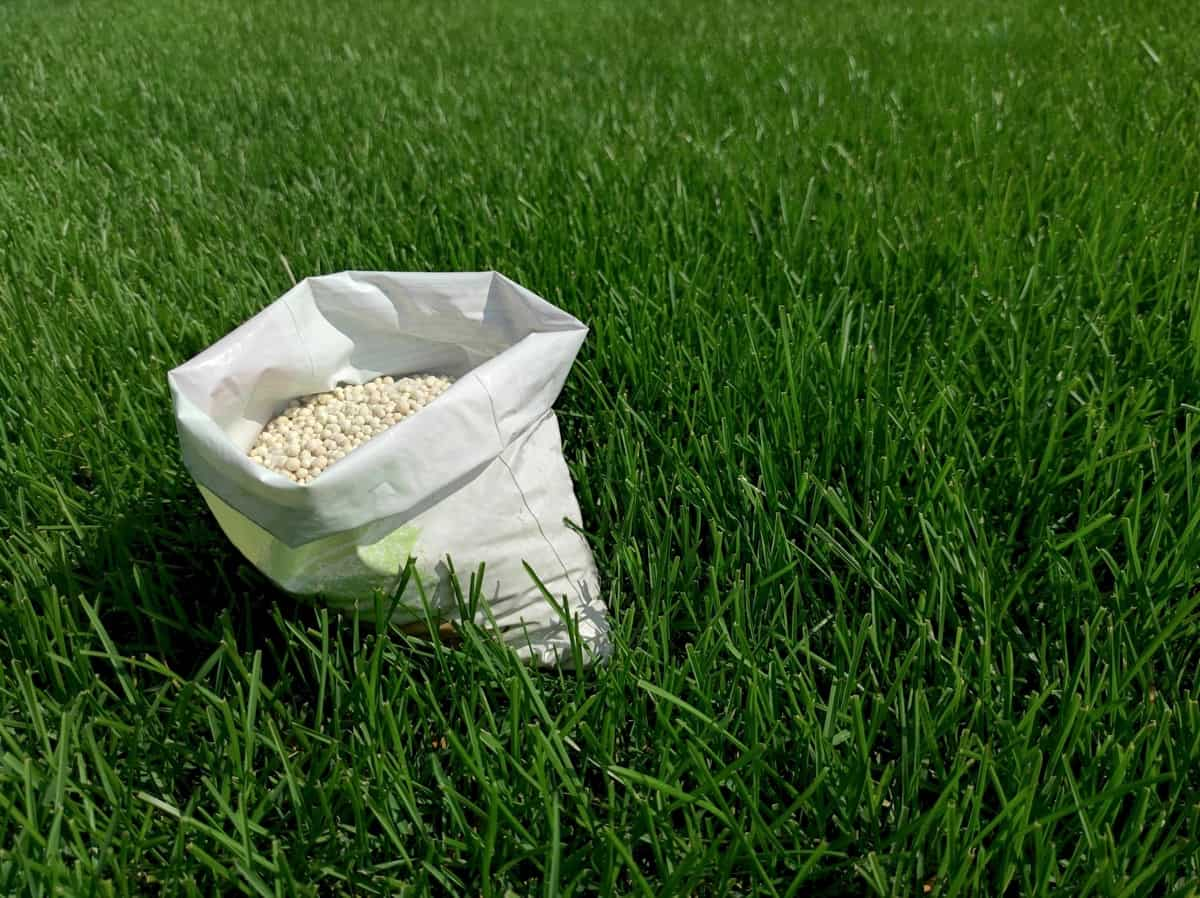
After obtaining the outcomes, you will have the opportunity to make an informed determination regarding the appropriate fertilizer variety and quantity required for your Bermuda grass. For instance, if your soil is already high in phosphorus, you might opt for a fertilizer that is low in phosphorus but high in other needed nutrients like nitrogen or potassium.
Similarly, if the soil is too acidic or alkaline, you may need to incorporate lime or sulfur to balance the pH for optimal grass growth. Ignoring this step could lead to unnecessary fertilization, which is not only wasteful but could also adversely affect your lawn’s health and appearance. Therefore, a soil test is an essential diagnostic tool that guides your entire fertilization strategy, ensuring you offer your Bermuda grass the best possible growing conditions.
Conclusion
Choosing the right fertilizer for your Bermuda grass and knowing when and how to apply it is essential for maintaining a lush, green lawn. From synthetic fertilizers with specific nutrient ratios like 16-4-8 to organic options like Milorganite 0636, each has its own benefits and application guidelines. Whether you’re dealing with a common Bermuda grass variety or specialized ones like TifTuf, understanding the nutrient needs for each growing season—spring, summer, or winter—can make all the difference.
In case you missed it: How to Make Homemade Fertilizers: Recipes for Banana Peels, Scraps, Coffee Grounds, Epsom Salt, Eggshells, and Grass Clippings
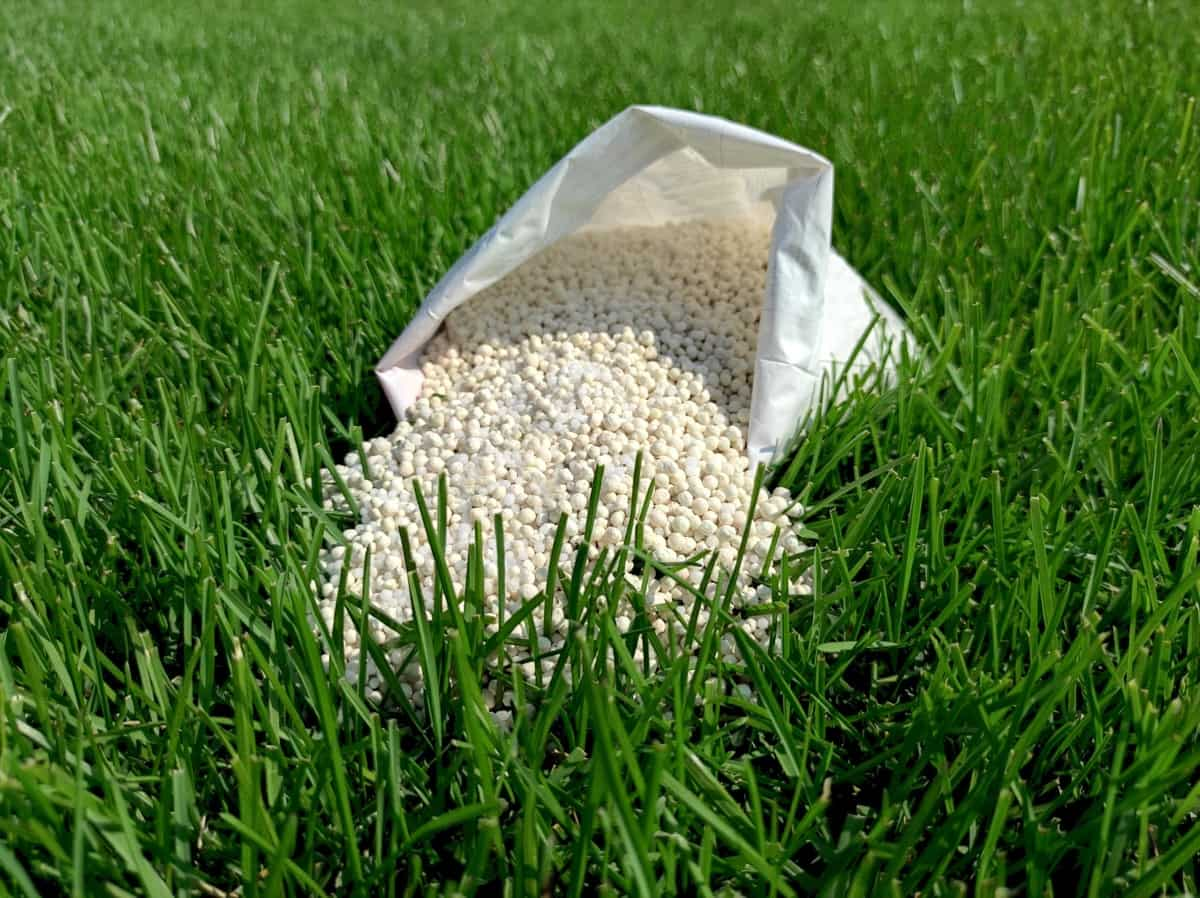
Pair this knowledge with a well-timed Bermuda grass fertilizer schedule, and you’ll be well on your way to achieving that perfectly manicured lawn you’ve always dreamed of. Always read the manufacturer’s instructions, water appropriately, and keep safety in mind to maximize lawn care efforts.
- Types of Pesticides Used in Agriculture: A Beginner’s Guide
- Economical Aquaculture: A Guide to Low-Budget Fish Farming
- 15 Common Planting Errors That Can Doom Your Fruit Trees
- How to Make Houseplants Bushy: Effective Tips and Ideas
- Innovative Strategies for Boosting Coconut Pollination and Yield
- Pollination Strategies for Maximum Pumpkin Yield
- The Complete Guide to Chicken Fattening: Strategies for Maximum Growth
- Natural Solutions for Tulip Problems: 100% Effective Remedies for Leaf and Bulb-Related Issues
- Revolutionizing Citrus Preservation: Towards a Healthier, Greener Future
- Natural Solutions for Peony Leaf and Flower Problems: 100% Effective Remedies
- Maximizing Profits with Avocado Contract Farming in India: A Comprehensive Guide
- Natural Solutions for Hydrangea Problems: 100% Effective Remedies for Leaf and Flowers
- The Ultimate Guide to Choosing the Perfect Foliage Friend: Bringing Life Indoors
- From Sunlight to Sustainability: 15 Ways to Use Solar Technology in Agriculture
- The Ultimate Guide to Dong Tao Chicken: Exploring from History to Raising
- The Eco-Friendly Makeover: How to Convert Your Unused Swimming Pool into a Fish Pond
- Mastering the Art of Delaware Chicken Farming: Essentials for Healthy Backyard Flocks
- 20 Best Homemade Fertilizers for Money Plant: DIY Recipes and Application Methods
- How to Craft a Comprehensive Free-Range Chicken Farming Business Plan
- Brighten Your Flock: Raising Easter Egger Chickens for Beauty and Bounty
- How to Optimize Your Poultry Egg Farm Business Plan with These Strategies
- Subsidy for Spirulina Cultivation: How Indian Government Schemes Encouraging Spirulina Farmers
- Ultimate Guide to Raising Dominique Chickens: Breeding, Feeding, Egg-Production, and Care
- Mastering the Art of Raising Jersey Giant Chickens: Care, Feeding, and More
- Ultimate Guide to Raising Legbar Chickens: Breeding, Farming Practices, Diet, Egg-Production
- How to Raise Welsummer Chickens: A Comprehensive Guide for Beginners
- How to Protect Indoor Plants in Winter: A Comprehensive Guide
- Ultimate Guide to Grow Bag Gardening: Tips, Tricks, and Planting Ideas for Urban Gardeners
- Guide to Lotus Cultivation: How to Propagate, Plant, Grow, Care, Cost, and Profit
- Agriculture Drone Subsidy Scheme: Government Kisan Subsidy, License, and How to Apply Online
- Ultimate Guide to Raising Araucana Chickens: Breed Profile, Farming Economics, Diet, and Care
- Bringing Hydroponics to Classroom: Importance, Benefits of Learning for School Students
- Ultimate Guide to Raising Polish Chickens: Breed Profile, Farming Economics, Diet, and Care
- Ultimate Guide to Raising Australorp Chickens: Profile, Farming Economics, Egg Production, Diet, and Care
- Silkie Chicken Farming: Raising Practices, Varieties, Egg Production, Diet, and Care
- Sussex Chicken Farming: Raising Practices, Varieties, Egg Production, Diet and Care